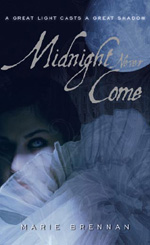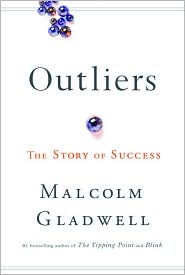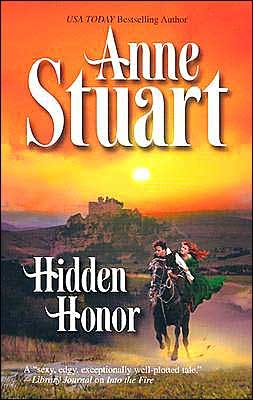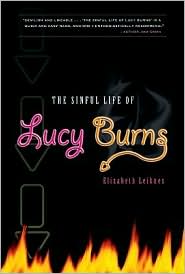The Midnight Choir; Gene Kerrigan

I think I found this in my feed reader while browsing through the Guardian online book section. Mr. Kerrigan is or was a journalist for a newspapers and magazines in Ireland. I’ve read one other title written by an actively working journalist. Generally, I find the quality of the writing to be high & the narrative compelling. The edition I read was published in 2006 by Europa and had a drab green cover. Yes I know I shouldn’t judge a book by its cover- I ordered this from interlibrary loan without seeing the cover. Recently though I’ve found other covers on the internet.
What I didn’t realize in my first forays into crime fiction, if I can call it that, is that certain subtypes are harder edged than others. And that crime fiction, like all genre fiction is often underestimated by those who are unfamiliar with it. Yes, I am one of those people. Crime fiction has within it other subtypes. Police procedurals are told from the point of view of the police although the perpetrator is usually known to the reader from the start. Noir fiction is often told by the criminal or someone intimately involved with committing the crime and is known to be unsentimental and unsparing in its look at society’s underbelly.
I have to admit my ignorance here. I’m primarily a romance and science fiction/fantasy reader, with a sprinkling of straight up fiction thrown in. My knowledge of police procedural and whodunit crime mysteries has been limited to characters like Sherlock Holmes, Sano Ichiro, Miss Marple and Sister Fidelma. Through watching Maigret and Wallender and a German detective series called Tatort in German (Scene of the Crime by our local tv station) my interest turned to similar literature. After I finished reading The Midnight Choir it occurred to me that there are distinct similarities between D.I. Synott and to characters in the US tv series The Shield and to the movie The Secret Window.
The Midnight Choir is set in modern Ireland. The narrative takes place over the course of a week, starting on Wednesday. Point of view swings between characters depending on what case is at the forefront. Mr. Kerrigan masterfully demonstrates to the reader that the assumptions you make regarding the protagonist, in this case Detective Inspector Harry Synott, are not necessarily the truth. To be clear, these are things that it appears Det. Insp. Synott believes about himself, thus inducing this reader to believe them too. I suppose that my inherent cynicism regarding motivation in actual human beings doesn’t always translate over into fiction. No matter. When I recognized the trend things were taking, it spurred many conversations between the Hubby and I regarding power, corruption, and the slow deterioration of the demarcation between right and wrong. Not that the line was ever clear and bright and unmistakable.
Despite my own initial misunderstanding of what this book might be labeled, The Midnight Choir grabbed me from the start and didn’t let go. I’m hopeful I can find more of his work, although I think it’ll have to be via interlibrary loan as his work is in neither my local library nor the local bookstores. Excellent read.
















